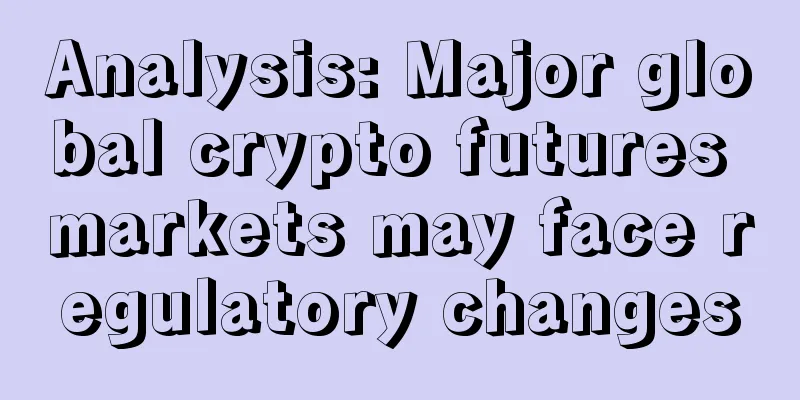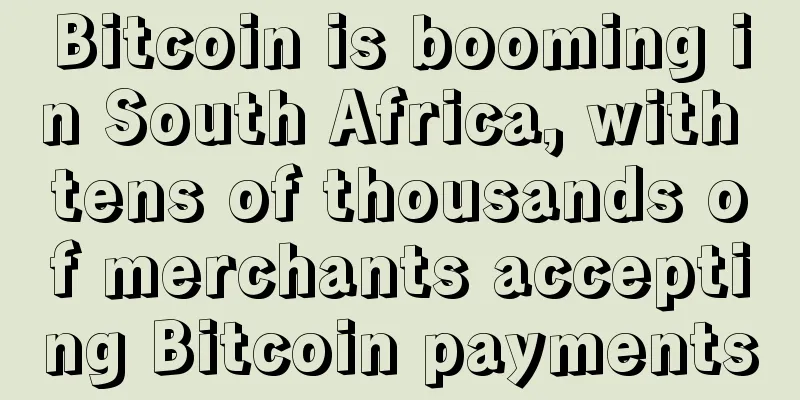Analysis: Major global crypto futures markets may face regulatory changes

|
Proposed regulations for Hong Kong’s blockchain industry could have far-reaching implications for the crypto derivatives market, according to new research from Messari.io. In a report published Wednesday, researcher Mira Christanto said the Hong Kong Special Administrative Region, a major cryptocurrency futures trading market, may crack down on unregulated exchanges as part of its increased regulation. The researcher cited a recent proposal by Hong Kong’s Securities and Futures Commission (SFC) that all crypto businesses should comply with anti-money laundering regulations. This is a significant change from a year ago when the SFC announced that it would only regulate companies in the “securities” sector. Previously, the SFC only regulated assets that met the legal definition of securities or futures — a definition that excluded cryptocurrencies. As Cointelegraph reported earlier this month, the Hong Kong government has proposed bringing all crypto assets under the supervision of its securities regulator. The regulatory effort appears to be part of a global move to rein in cryptocurrency exchanges, possibly under the guise of money laundering concerns. As Messari points out, Hong Kong happens to be the most dominant player in the crypto futures market. Nearly three-quarters (72%) of Ethereum (ETH) futures and 57% of Bitcoin (BTC) futures come from the Hong Kong Special Administrative Region. Hong Kong’s crypto futures market Source: Messari.io Christanto said: "Many people don't realize the role Hong Kong plays in the global cryptocurrency space. Hong Kong is home to some of the biggest companies and dominates the growing futures market." Hong Kong is home to a large number of cryptocurrency exchanges and market service companies, including BitMEX, Bitfinex, Crypto.com, and FTX. Exchanges such as OKEx, Huobi, and Bybit have regional offices in Hong Kong. Large industry players such as Tether, Cardano, and EOS issuer block.one are also located in Hong Kong. If the new proposal is passed into law, companies that continue to operate without a license could face severe penalties. Executives at the companies that run these platforms could even face jail time. As Messari points out, only two crypto financial services companies have been granted licenses in Hong Kong so far. |
<<: A crypto user paid 2.66 BTC as a fee to send 0.01 BTC
>>: [Update] Grayscale once again increased its holdings by 1,172 Bitcoins and 29,019 Litecoins
Recommend
May’s Bitcoin halving will drive weak miners out of business
Halving gives Bitcoin one of its most important f...
Why do you say that women with dimples should be cherished?
Girls with dimples should be cherished. Why do I ...
A comprehensive explanation of moles on women's backs
A comprehensive explanation of moles on women'...
Palmistry: Are you suitable for working or starting a business?
Are you suitable for working or starting a busine...
Will people with moles on their foreheads attend class reunions during the Chinese New Year?
When the Chinese New Year comes, everyone likes t...
Ransomware variants can steal cryptocurrency or control mining, study finds
According to itprotoday, researchers from Fortine...
Is it good for a woman to have a mole on her forehead? She will never have to worry about food and clothing for the rest of her life!
What does a mole on a woman’s forehead mean? The ...
The face that only sees interests but no friends
Many times, although there is a saying that "...
Blockchain 2.0 (IV): Smart assets build a decentralized asset management system
Article summary image: What are Smart Assets? Sma...
Facial features of people who often sigh
When encountering unhappy things, some people put...
What kind of husband looks like a reliable and dependable man?
It doesn't mean that all men are bad. There a...
Bitcoin tycoons gather in secret on Caribbean island
This week, an unnamed Caribbean island became a s...
Palmistry Analysis: Are Long and Thin Fingers a Good Sign?
Palmistry mainly predicts destiny through people&...
Facial features of people who like to sleep in
Generally speaking, laziness is indeed a specialt...
What does a mole under the eye mean?
In physiognomy, each mole has its own unique mean...









